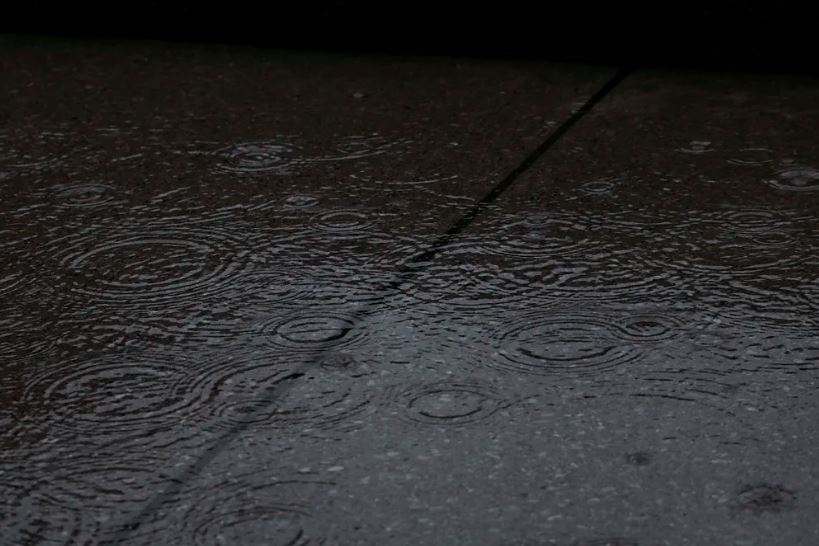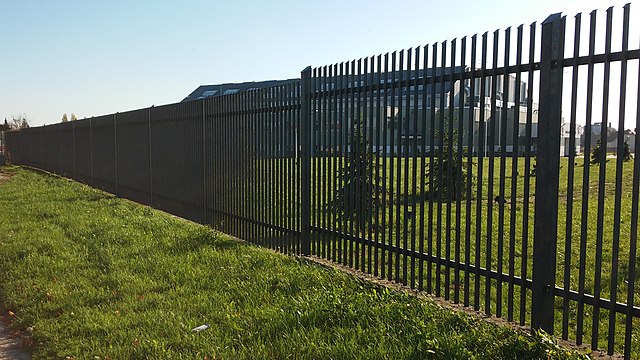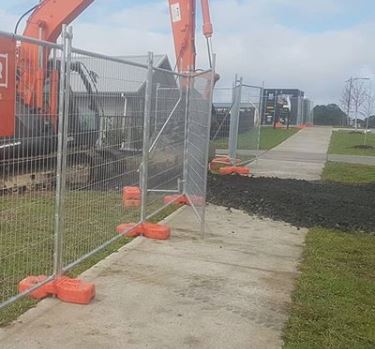A stormwater management plan (SWMP) may also be referred to as a Storm Water Pollution Prevention Plan SWPPP and is usually required when construction activity has the potential to disturb one or more acres of land. The size of the land disturbance, as well as the type of development planned, can help determine whether an SWMP will be necessary.
What Is A Stormwater Management Plan?
A stormwater management plan is a document that outlines how a construction site will minimize the discharge of stormwater runoff. This plan is required by most municipalities in order to obtain a building permit.

The primary goal of an SWMP is to prevent pollution from entering waterways as a result of construction activity. Stormwater runoff can pick up a variety of pollutants, including sediment, oil and grease, chemicals, and debris.
An effective stormwater management plan will include measures to control erosion and sedimentation, as well as manage the storage and treatment of stormwater runoff.
Common Best Management Practices (BMPs) that are used to achieve these goals include:
- Erosion and sedimentation control: silt fences, sediment basins, and erosion control matting
- Stormwater storage: on-site detention basins
- Stormwater treatment: oil/water separators, filter vaults, and infiltration trenches
The specific BMPs that will be used at a construction site will be based on the site’s particular characteristics. An experienced civil engineer can help determine the most appropriate stormwater management plan for your project.

Why Stormwater Management Is Important?
Stormwater runoff is a leading cause of water pollution. When stormwater is not properly managed, it can pick up a variety of pollutants and carry them into our waterways.
For example, construction sites are often located in close proximity to rivers, lakes, and streams. If stormwater runoff from these sites is not properly managed, it can quickly pollute these nearby water bodies.
In addition, stormwater runoff can also impact the quality of groundwater. Groundwater is the water that seeps into the ground and provides drinking water for many people across the country.
Read about Types of Soil Erosion and Mitigation Strategies in this article.
Therefore, it is important to have an effective stormwater management plan in place to protect our environment and ensure that our waterways are clean and safe.
Benefits Of Having A Stormwater Management Plan.
There are many benefits of having a stormwater management plan in place. Some of the most important benefits include:
Prevention Of Water Pollution
Stormwater management plans help to prevent water pollution by controlling the discharge of stormwater runoff.
Protection Of Aquatic Habitats
By preventing water pollution, stormwater management plans also help to protect aquatic habitats.
Improvement Of Water Quality
Stormwater management plans can help to improve water quality by reducing the amount of pollutants that enter our waterways.
Reduction In Flooding
Stormwater management plans can also help to reduce the risk of flooding by managing the storage and treatment of stormwater runoff.
Soil Disturbance Requires Thoughtful Consideration of Stormwater Management
Storm water management plans are required by most states when there is a certain amount of land that will be disturbed during a construction project. The level of disturbance and the size of the project will determine if a storm water management plan is needed. It’s important to check with your state or local government to find out what specific regulations apply to your area.

Need a Stormwater Management Plan in New Jersey?
Call 732-370-0291 or Contact Us Now.
Frequently Asked Questions
Q: What is the best stormwater management program?
A:The best stormwater management program is the one that is tailored to the specific needs of the community in which it is implemented.
Factors that will influence what makes the best stormwater management program include the climate, geography, and topography of the area; the types of surfaces that make up the landscape; how much impervious surface there is; and the existing sewer infrastructure.
Q: What are the minimum control measures for most stormwater programs?
A: The basics of any stormwater program include reducing the amount of pollutants that enter stormwater runoff, and then treating stormwater runoff before it is discharged into receiving waters.
Q: Are there pollutants carried in stormwater discharges?
A: There are many pollutants that can be carried in stormwater discharges, including oils and grease, metals, pesticides, herbicides, and trash. These pollutants can contaminate waterways, causing environmental and public health concerns.
Q: What are the pre development conditions for stormwater programs?
A: A pre development condition for a stormwater management program is the existence of an effective water drainage system. The installation of an underground storm drainage system, combined with the use of retention and detention ponds, can help control flooding and improve water quality in urban areas.
Additional Resources
- Why choose hydroseeding to establish a lawn instead of sod or dry grass seeding?
- This post discusses What is a retention pond and why is maintenance important?



